Initially starting as a solution to the problem of flatness in the early universe, cosmic inflation has become a central idea in modern cosmology. The key to its power comes from how well it can explain many features of the early universe where previous theories of the big bang could not. However, as Adam Koberinski writes, merely generating an explanation is not sufficient enough motivation for a scientific theory, and as a result our understanding of inflation, and therefore the early universe, is far more speculative than cosmology would like to admit.
One of the central virtues of science is that, beyond merely making predictions, it offers explanations for why the world appears to us as it does. This desire for explanation and understanding has its strongest pull in our most fundamental theories; physicists have long-sought a so-called theory of everything that would provide the ultimate explanation for the makeup of the universe. While such a theory is a long way away, recent advances in cosmology have allowed physicists to push our explanations of the universe back to fractions of a second “after” the big bang. Are we inching ever closer to fulfilling the rationalists’ dream of providing a necessary and sufficient condition for the universe as a whole? Or are there conceptual obstacles in the way?
The rise of the big bang model of cosmology led to the staggering possibility that the universe as a whole is not only changing over time, but may have had a beginning. More precisely, big bang models tell us that the equations describing the large-scale structure of the universe reach a singularity at a finite point in the past: approximately 13.8 billion years ago. As one approaches this singularity, the equations stop making physical sense, and they are undefined “at” the singularity. This singular point is often referred to as the big bang, near which the universe begins to expand and cool from an initially hot, dense state. Though the singularity is poorly understood, the universe as we know it is thought to originate in the limit of approaching 13.8 billion years into the past. If we had some adequate theory of the origins of the big bang that explained the earliest state of the universe, then the goal of explaining the origins of the universe would be complete.
SUGGESTED VIEWING Beyond the big bang With Bjørn Ekeberg
One major problem with arriving at such a theory is that it would be exceedingly hard to test. Due to the finite speed of light propagation, we can look back into the past by looking at distant objects in the sky. Light that we detect now from a distant galaxy is a window into the past of that galaxy. And while it is possible to look further into the past of the universe by observing things further away from us, there are limits to how far back we are able to see. Despite these limits, physicists have pushed the explanatory power of cosmology continually further and further back, ever closer to the big bang.
___
Implicit in this methodology is a preference for explanations in terms of the dynamics of the system, rather than resorting to some special set of initial conditions.
___
The method for doing so is simple to state. Start with some observed feature of the large scale structure of the universe—for instance, the relative abundance of hydrogen and helium in the interstellar medium. Next, try to explain this feature via dynamical interactions in the early universe. Many interactions of subatomic particles require a large amount of energy in order to occur. The early universe was hot and densely filled with matter and energy, making such interactions possible. At lower energies, those interactions can no longer occur. As the universe expands and cools, therefore, some interactions are largely “switched off” below a certain temperature, and therefore also at a certain point in cosmic time. For the relative abundance of hydrogen and helium, these small nuclei come from a point a few minutes after the big bang, where quarks and gluons cooled and formed bound states of protons and neutrons. While some of the particles produced in this time can undergo nuclear fusion to form heavier nuclei, as expansion continues, the universe cools to the point where fusion is no longer possible, effectively locking in the relative abundances of hydrogen and helium. This abundance stays relatively constant; helium and other heavier nuclei form in the interior of stars during nuclear fusion, but the abundance in the space between stars—the interstellar medium—is a remnant of interactions in the early universe. We can use knowledge of nuclear interactions to predict and explain this relative abundance, and in fact have successfully done so.
This methodology has proved incredibly successful, allowing cosmologists to explain many observed features of the universe by appealing to earlier cosmic times, and higher-energy interactions. We have relatively well-grounded explanations for the history of the universe up to 10-12 seconds—one millionth of one millionth of a second—after the big bang, when the universe was a hot, dense quark-gluon plasma. Implicit in this methodology is a preference for explanations in terms of the dynamics of the system, rather than resorting to some special set of initial conditions. One might hope that we could reach a limit of explaining all features of the universe this way; rather than having to accept some features as contingent initial conditions, perhaps we could have a dynamical explanation for all features in terms of high-energy interactions. If such a project is possible, it would require a theory of quantum gravity, as quantum effects begin to take over and resolve the big bang singularity.
___
One major problem is that, as we continue to push to higher and higher energies, the theories needed to explain the physics of matter become more and more speculative.
___
But even before we reach the need for quantum gravity, we can start to see cracks in this methodology. One major problem is that, as we continue to push to higher and higher energies, the theories needed to explain the physics of matter become more and more speculative. What makes the explanations of features of the early universe so compelling is that we have independent evidence to take these other theories as good descriptions of physics at the relevant energy scales. We can make recourse to nuclear physics and particle physics experiments that provide support for the relevant theories applied to the early universe. While it is possible to create quark-gluon plasma in the laboratory, the physics at earlier times in the universe is practically out of reach. This puts us in the realm of speculative physics, significantly weakening the possible explanatory power as we move further back in cosmic time.
While certain types of explanations, like dynamical explanations, might be more appealing, the best explanation is ultimately the true explanation. Part of the problem with appeals to speculative physics to explain features of the early universe is that we have no independent reason to take the theories to be true. Our access to the early universe is tenuous: the further back we go, the fewer physical consequences we expect to be able to see. We are also unable to perform experiments on the early universe, so access is entirely limited to these tenuous observations. One might worry that we are simply making up a theory tuned to fit the observations. Ideally, we appeal to a theory that has consequences beyond the early universe, that can then be tested via independent means. But practical technological limitations may make these tests impossible.
The cutting edge boundary where speculative physics begins in cosmology is the theory of cosmic inflation. Originally proposed as part of a grand unified theory of particle physics, inflation has since taken on a life of its own. Dozens and dozens of distinct models of inflation exist, many of which have little or no connection to any particular theoretical framework. What most of these models have in common is a proposal that, in the very early universe (10-41 – 10-35 seconds “after” the big bang) a period of very rapid expansion of space occurred, causing a small patch of the universe to greatly increase in size. This expansion is typically driven by a new field called the inflaton field. After inflation ends, the energy from the inflaton field decays, “re-heating” the expanded universe with energetic fields composing ordinary subatomic matter.
SUGGESTED VIEWING Why Is There Anything At All? With Rebecca Goldstein
The potential explanatory power of cosmic inflation is very high. As originally proposed by Alan Guth, it can help explain the remarkable flatness of the observed universe, and provides a mechanism to explain why the universe at the time of last scattering seems to be in near perfect thermal equilibrium. Under the standard big bang model without inflation, the evolution of the universe drives spatial curvature away from flatness, and far distant regions of the universe would have never been in causal contact. Contrary to popular images, the big bang does not imply that the universe originated at a single point! For universes of infinite spatial extent, and with ordinary types of mass-energy, the initial singularity is still a spatially extended region. Without inflation, the flatness and equilibrium properties of the universe require special initial conditions; with inflation, they are given a dynamical explanation in terms of the inflaton field.
While these explanations are satisfying, the most compelling feature of inflation is that it provides a mechanism for generating the small inhomogeneities in the early universe that are required to seed the formation of large scale structures like galaxies and galactic clusters. Small regions of overdensity in the early universe are required to allow for gravity to cluster matter together, and the observed distribution of galaxies in the universe places qualitative constraints on the size and distribution of these primordial inhomogeneities. Inflation not only provides a mechanism for generating the inhomogeneities, but generically predicts their correct distribution as well. Many cosmologists take this prediction to be enough to warrant belief in inflation, though a significant fraction would still acknowledge that inflation remains speculative. But if we had independent reasons to take inflation to be true, then these explanations would push the realm of ignorance back almost entirely to the domain of quantum gravity.
___
The research program of inflation has become somewhat phenomenological, in that the framework is assumed, and observations are simply used to constrain the types of models possible.
___
But this is where we find the catch. Unlike the explanation of the abundance of hydrogen and helium in the universe, the physics of inflation is not independently motivated, nor is it well-confirmed through other means. Since detaching from initial ties to candidate theories of high-energy physics, inflation has become “a paradigm without a theory”, as Michael Turner put it. It has become a widely believed and pursued mechanism, whose sole purpose is seemingly to generate an explanation for the above features of the early universe. While many of the candidate models have some ties to more comprehensive speculative theories, the research program of inflation has become somewhat phenomenological, in that the framework is assumed, and observations are simply used to constrain the types of models possible. By assuming the framework, we cannot test inflation against possible competitor explanations, such as “big bounce” models.
Inflation became detached from the initial grand unified theory for several reasons. First, there are several independent ways to generate an effective period of inflation, that all utilize different speculative physics at high energies. Inflation was therefore thought to be a more general feature of high-energy physics, and not explicitly dependent on grand unification. Second, there is mounting evidence that grand unified theories are not true of our world, so a theory of inflation tied to grand unified theory is unlikely to be successful. However, with that detachment, it has become unmoored from the possibility of independent means of justification that would give us confidence that the physics of inflation is actually true. Initially, the hope was that the inflaton would be a new fundamental field, whose associated particle could be produced in a particle accelerator. But so far no evidence of a possible inflaton has been found. Our observational access to signatures of inflation is currently limited in understanding the structure, magnitude, and distribution of minute temperature inhomogeneities in the cosmic microwave background—the imprint from the time at which light was able to travel freely through the universe. And while inflation generically predicts the distribution of inhomogeneities, their amplitude and other finer-scale structures are largely unconstrained by inflation. For any given observation we might make of these features, there is a model of inflation that could accommodate that observation. It is therefore not clear how we could use any of these observations to confirm that inflation did in fact occur in the early universe.
In a recent paper with Chris Smeenk, I outline some potential paths forward for gaining strong evidential support for a given model of inflation. In short, there are some clever ways one can try to test predictions common to the vast majority of inflationary models, and compare them to competing accounts of the origin of inhomogeneities in the early universe. But the best case one could make is to fit inflation into another theory like the originally proposed grand unified theory, where several new effects could be observed outside of the context of the early universe. In that case, confirming the broader theory would also confirm the account of inflation.
While inflation is one way to push the explanatory strategy back to earlier times, there are some principled reasons to think that it will nevertheless be impossible to give dynamical explanations for all of the seemingly special features of the universe. Recall that the best explanation is the true one, and it is at least an open possibility that some special features of the universe stem from the peculiar features of the initial state “at” the big bang. One convincing feature has to do with the idea of the directionality of time in our universe.
___
Given that the universe seems to have be far from equilibrium now, and seemingly even further from equilibrium in the past, we can infer that the initial state of the universe had to be very special from a thermodynamic perspective: it had to be a state of exceedingly low entropy.
___
The fundamental laws of physics do not seem to include a preferred direction of time, yet we nevertheless see a clear directionality to events. Hot cups of coffee cool on the table, but cool cups of coffee never spontaneously heat up; a baseball will cause a window to break, but a broken window never reassembles itself; waves ripple out from a rock hitting the water, but never converge to a point. This arrow of time presents itself in many physical situations, and is tied to the second law of thermodynamics: the entropy of a closed system never decreases, and is at a maximum when the system is in equilibrium. Equilibrium is a special state where large scale features do not change in time. Looking at the system at a macroscopic scale, it seems to be stationary. The laws of thermodynamics imply that systems tend toward equilibrium, and that any observed non-equilibrium state is most likely a small fluctuation from a previous equilibrium state.
But the universe as a whole is far from equilibrium, even 13.8 billion years after the big bang. Given that the universe seems to have be far from equilibrium now, and seemingly even further from equilibrium in the past, we can infer that the initial state of the universe had to be very special from a thermodynamic perspective: it had to be a state of exceedingly low entropy. If it were not a low entropy state, the continual arrow of time we observe in the history of the universe would not be consistent. Could there be a dynamical explanation for the low-entropy initial state? Not according to the laws of thermodynamics, which most physicists take as serious constraints on any credible physical theory. So it seems that the low entropy of the initial state is something that will not be explained by rationalist means.
Where does that leave the goal of explaining the origins of the universe? If we exclude the realm of quantum gravity, then modern cosmology has been enormously successful at explaining more and more features of the universe via dynamics in the early universe. But this doesn’t imply that every feature of the universe will be explained this way. We see some practical limitations involved in pushing the explanatory story further back, with inflation marking the boundary between established physics and speculation. Even if inflation provides a possible explanation, it is becoming harder to establish that it is the correct explanation. And there are some features of the universe that we have good reason to think cannot in principle be explained dynamically. Thermodynamics seems to imply that the low entropy initial state of the universe is one particularly striking feature that may require a brute appeal to initial conditions. The rationalist dream of giving a sufficient reason for everything in the universe may be too ambitious. The rationalist is, to quote Immanuel Kant, like “the light dove, in free flight cutting through the air, the resistance of which it feels, could get the idea that it could do even better in airless space”. While we may aspire to explain as much as possible, science seemingly cannot do without recourse to some brute facts.







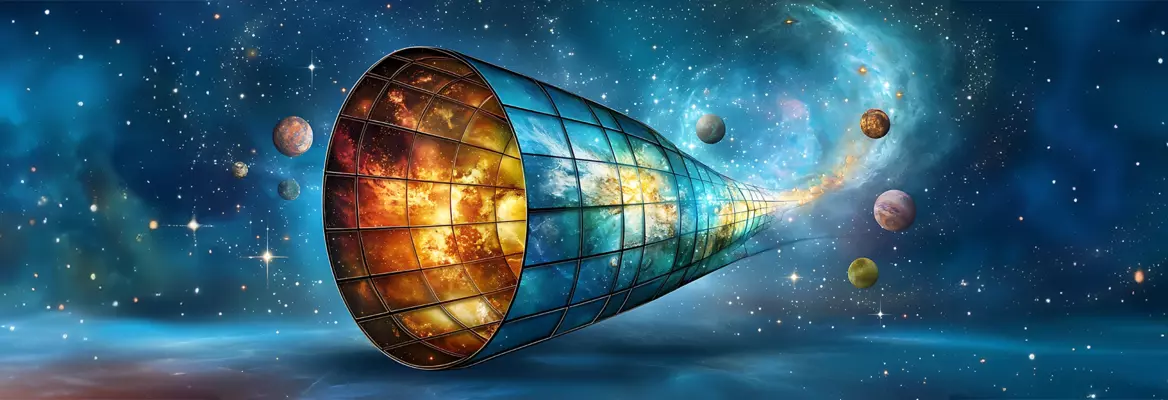


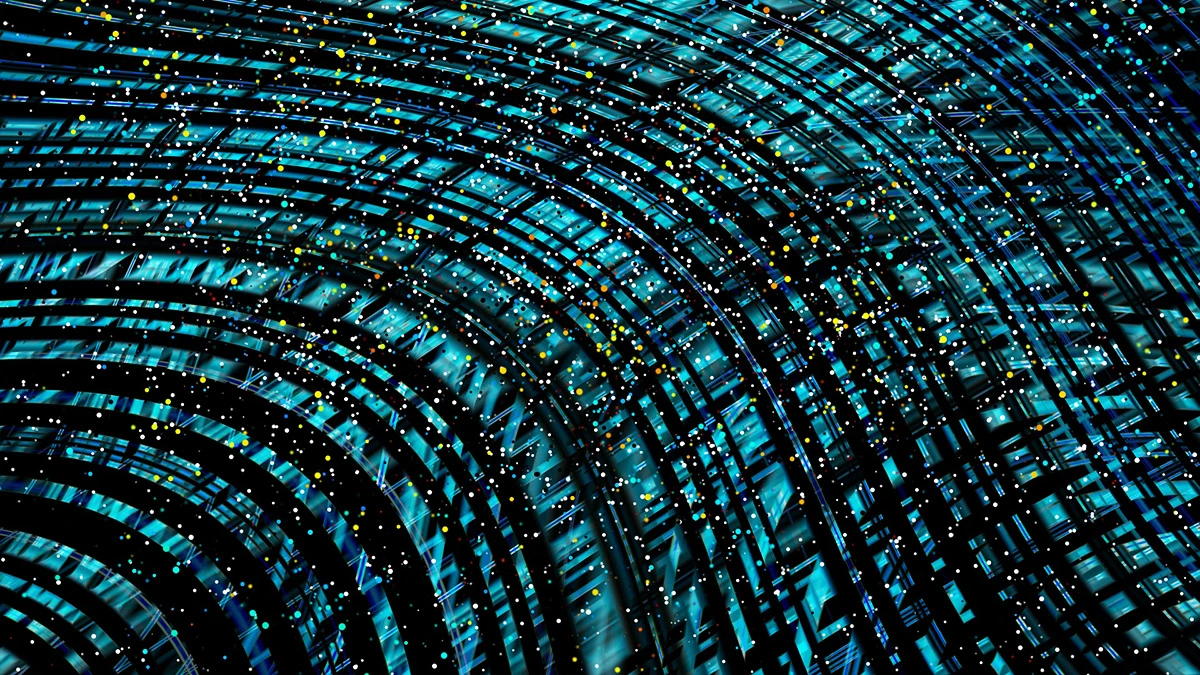
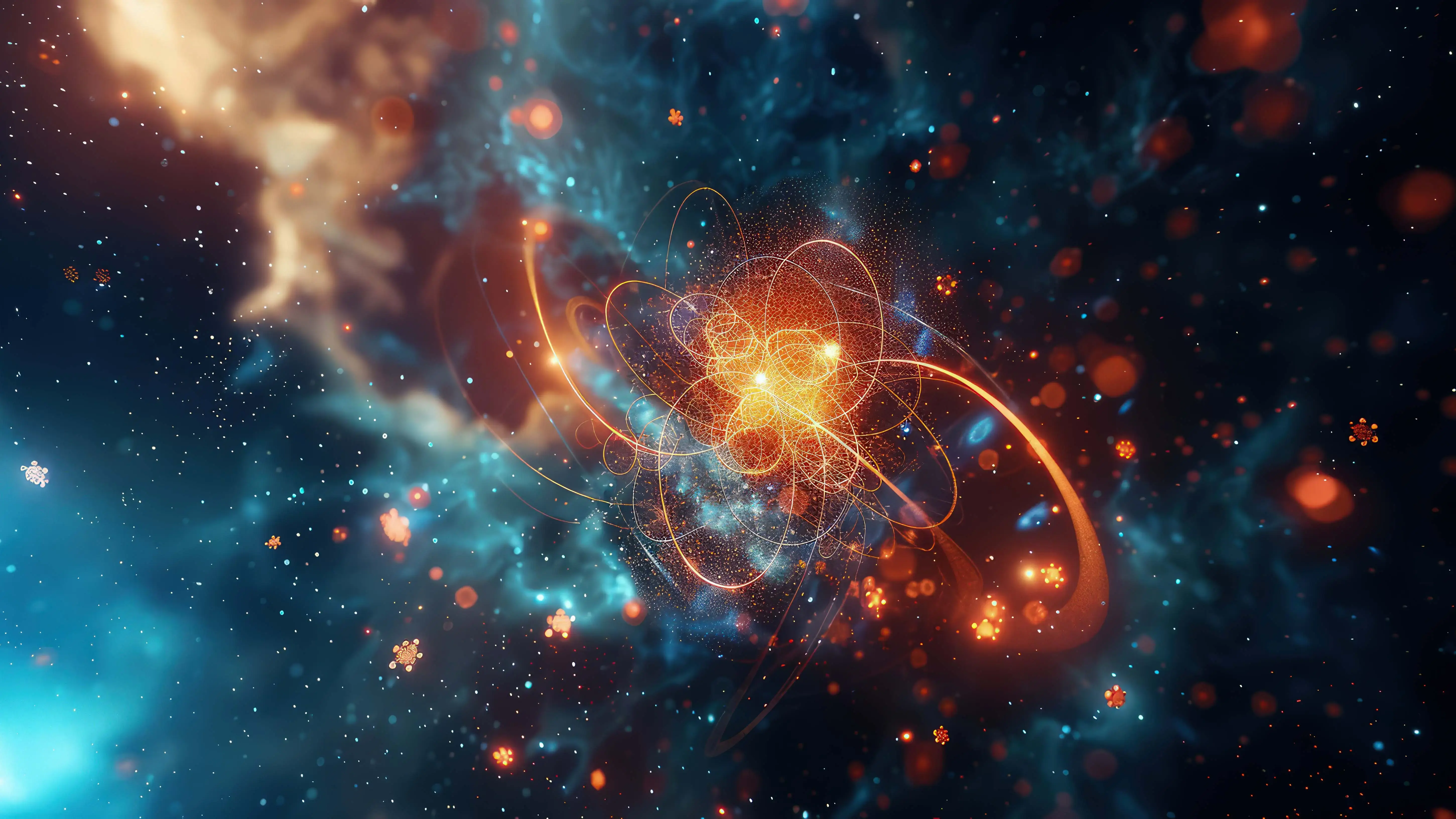

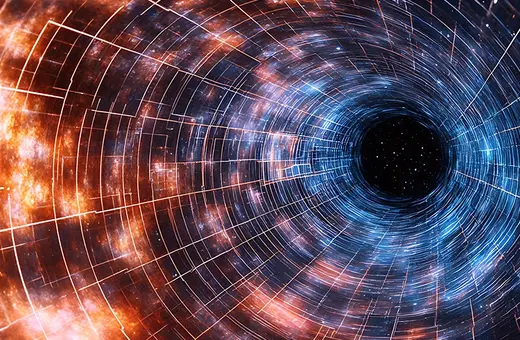
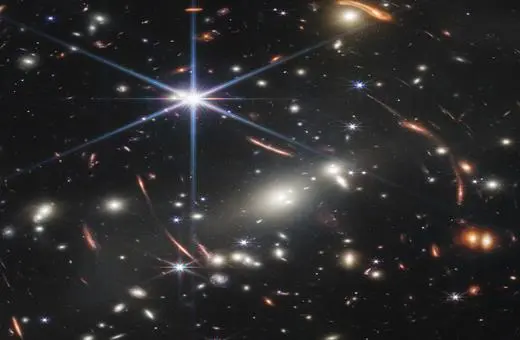

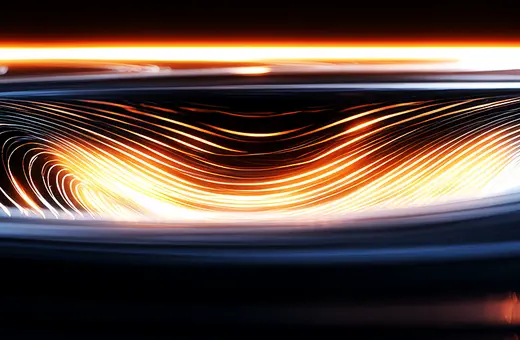







Join the conversation